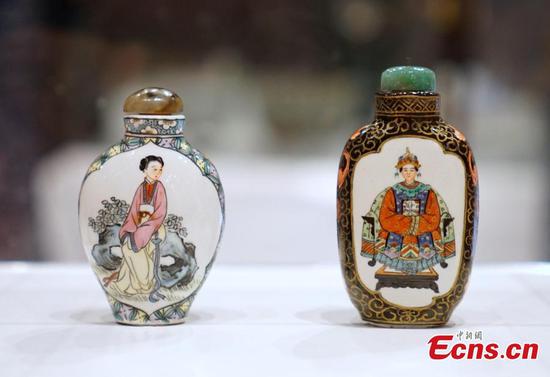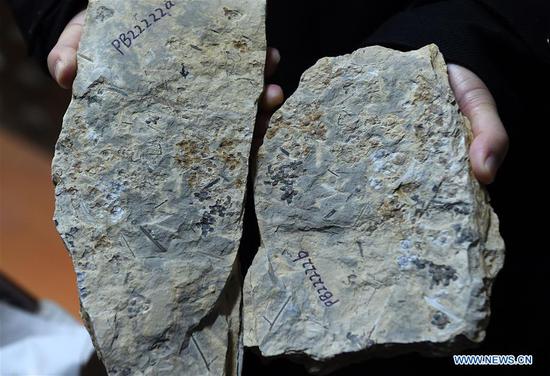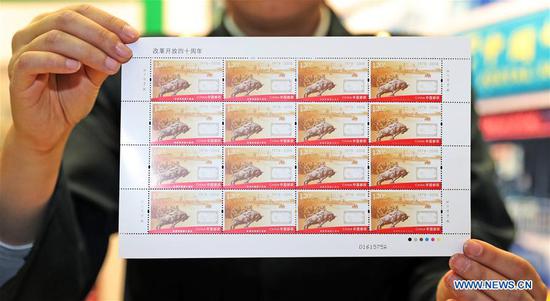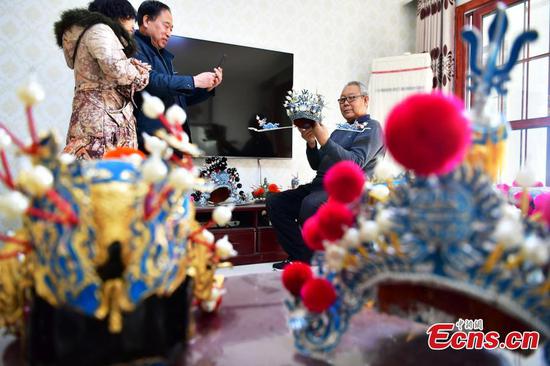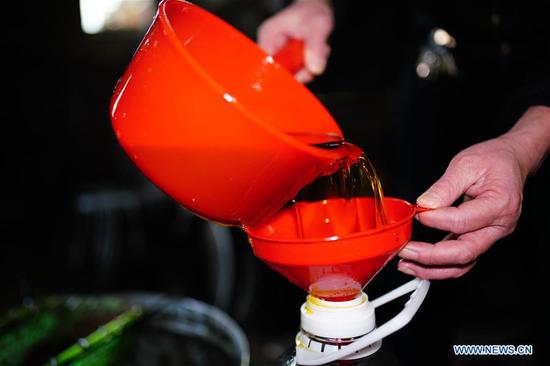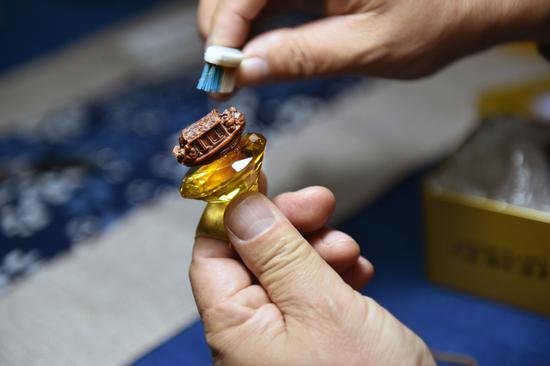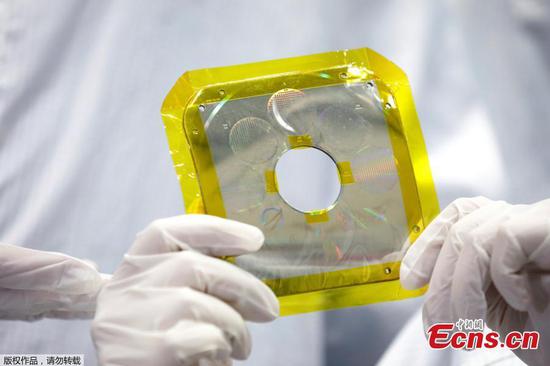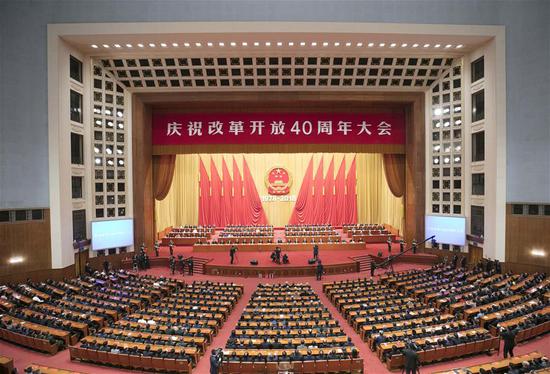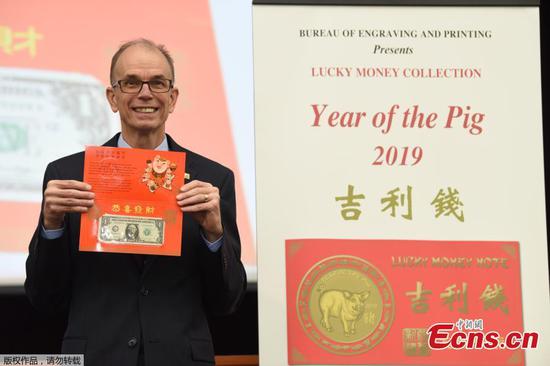AstraZeneca China announced on Tuesday that new anemia drug roxadustat has received approval from the National Medical Products Administration.
The drug was developed in collaboration with FibroGen China.
China has become the first country worldwide to approve the oral anemia treatment hypoxia-inducible factor prolyl hydroxylase inhibitor (HIF-PHI).
AstraZeneca said the drug was expected to be launched in China during the second half of 2019.
Roxadustat, Chinese brand name Ai Rui Zhuo(爱瑞卓), has achieved three primary breakthroughs: it's the first drug to the adopt the HIF mechanism; the first of its kind developed and incubated in China, and the first approved in China before any other market globally, the company said.
FibroGen China was responsible for the clinical trials and registration of roxadustat in China, and now holds the certificate of drug registration issued by the NMPA.
Following the approval, FibroGen China will manage manufacturing, medical affairs and distribution.
AstraZeneca will manage its launch and commercialization.
According to the NMPA approval, roxadustat is to be used in the treatment of anemia caused by chronic kidney disease (CKD) in patients who are dialysis-dependent (DD).The medicine can be prescribed to patients who use hemodialysis or peritoneal dialysis.
There are over 120 million CKD patients in China, and anemia is one of the complications of CKD, occurring at a rate of up to 98.2 percent in patients on dialysis, according to medical journals Lancet and Chinese Journal of Nephrology.
If anemia is not controlled, it increases cardiovascular risks, as well as mortality in patients on dialysis, and may affect patients' mental health and social functions, imposing a heavy burden on patients, their families and society.
According to clinical data in China, roxadustat can effectively increase and keep hemoglobin in dialysis patients with anemia caused by CKD, AstraZeneca said.
The development of roxadustat ends a long period in which there were no new drugs developed by a new mechanism for the treatment of CKD-caused anemia, said Chen Xiangmei, member of the Chinese Academy of Engineering and head of the PLA Institute of Kidney Diseases.
AstraZeneca also attributed the fast approval to the Chinese government's efforts in supporting pharmaceutical innovation and providing more quality new drugs to Chinese patients.
Leon Wang, executive vice president, international and China President at AstraZeneca, said: "Roxadustat's approval in China demonstrated the determination of the Chinese government in accelerating the supply of urgently needed new drugs to Chinese patients and supporting pharmaceutical innovation.
"In the future, AstraZeneca will work closely with the government to increase the accessibility of roxadustat in China and benefit more Chinese patients.
"At the same time, in response to the Chinese government's call for pharmaceutical innovation, we will build the local incubation platform to make more novel drugs benefiting Chinese patients first and open up China's pharmaceutical innovations to the world."
Chen Nan, a professor with Shanghai Jiao Tong University School of Medicine, who led principal investigator in the phase-three clinical trial of roxadustat in China, said: "Thanks to the improvement of China's pharmaceutical innovation atmosphere, Chinese researchers now have much better chance to show their excellence together with international peers, to further the global clinical development of first-in-class innovative drugs and to succeed in incubating them in China first.
"Our work is taking the lead not only in terms of speed, but also meets international standards in terms of quality, which demonstrates the research and development strength of China's healthcare professionals."













